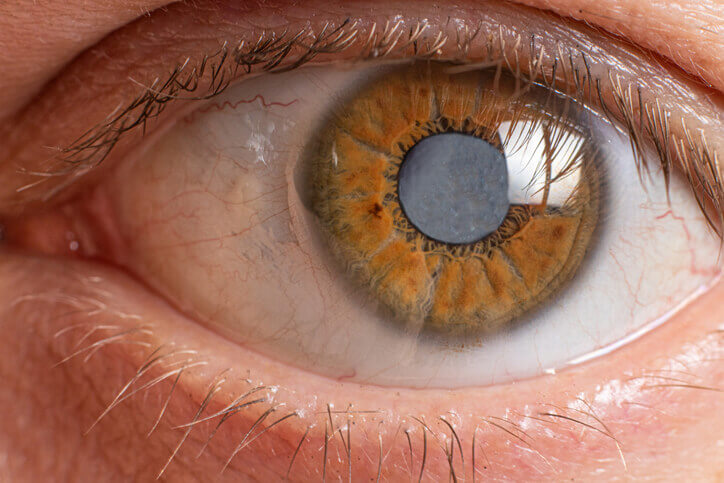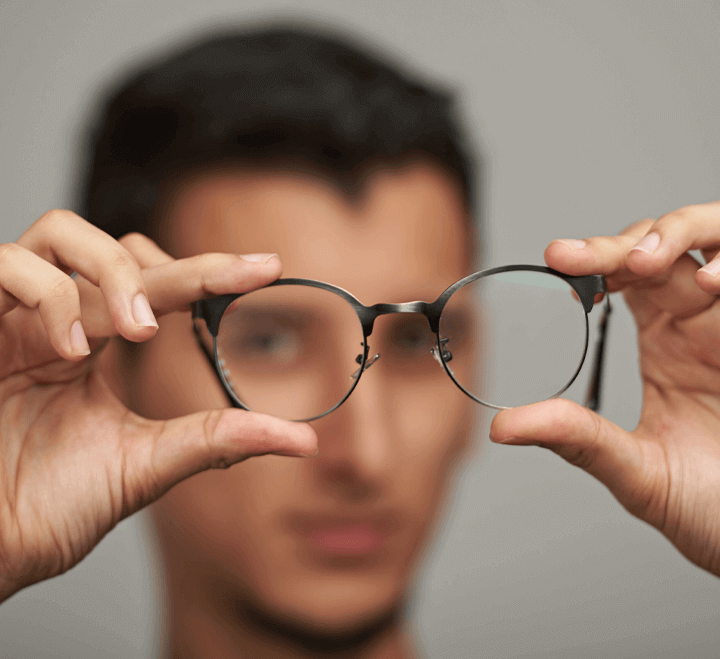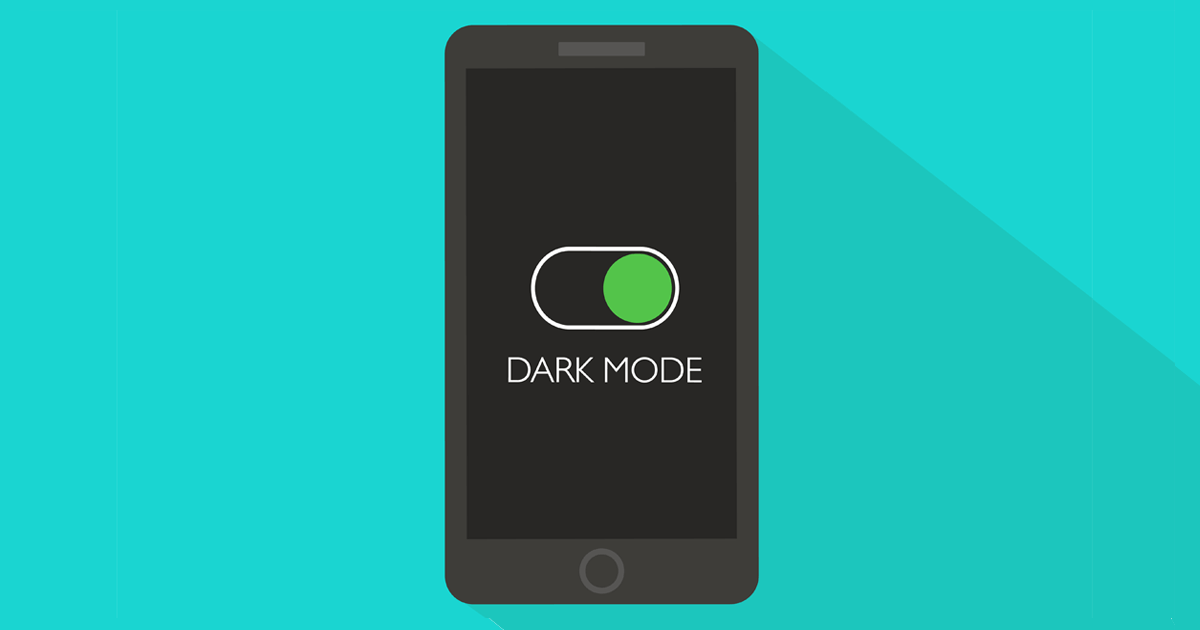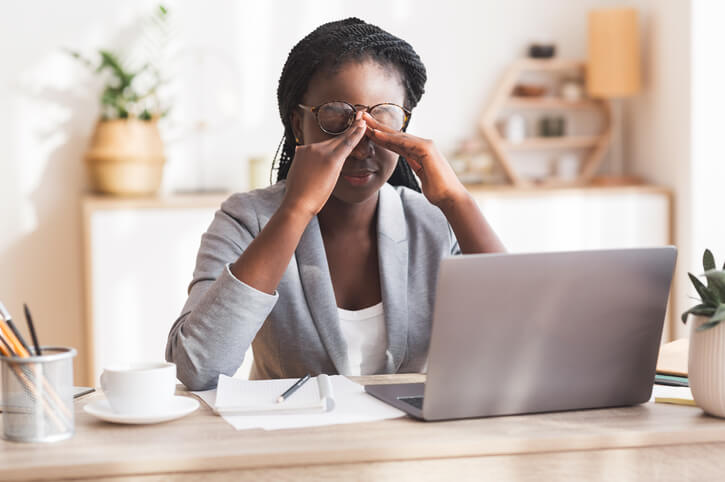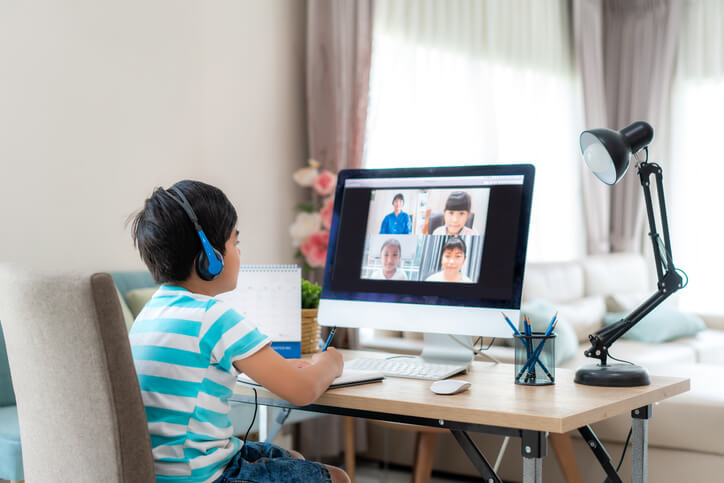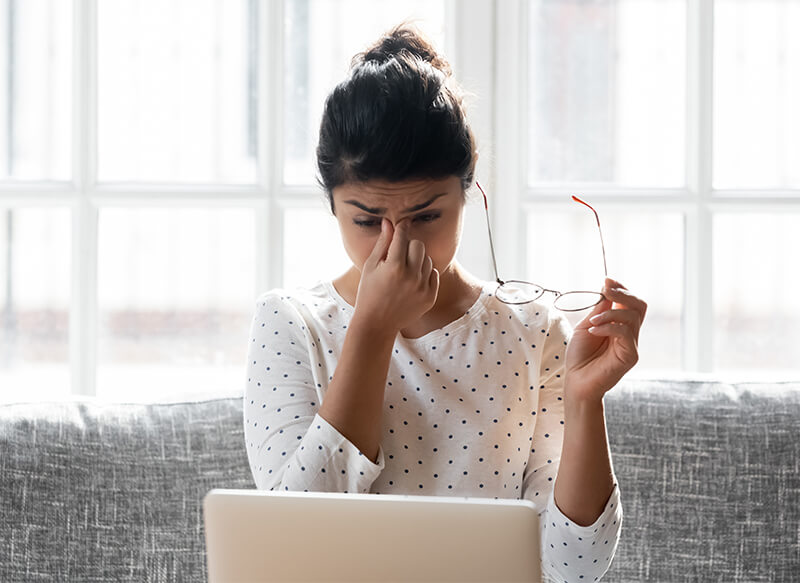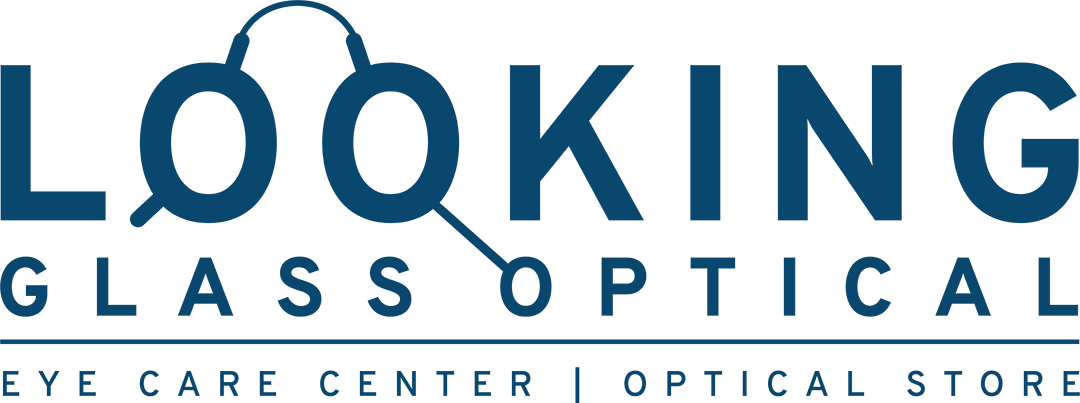Some amount of deterioration is expected as we age. It’s normal to lose bone density and muscle mass as well as have some sagging and wrinkles. You might not be able to stay up all night and function the next day as you did in your youth, or you might have to give up spicy foods. Unfortunately, some sensory deterioration is also expected. That said, there are things you can do to maintain bone and muscle strength and minimize the progression of lines and wrinkles, and in many cases, you can also stave off vision loss as you age. According to the National Eye Institute, a division of the National Institutes of Health (NIH), the risk for eye disease increases with age, but there are steps you can take to prevent vision loss. The first thing you need to do is understand the most common eye issues related to aging.
Read more →Your eyes deserve the same attention as the rest of your body. Pay your local optometrist an annual visit just like you do with your primary physician. If you don’t, there may be severe consequences for your health. Most common eye problems can be avoided through prevention and early detection.
Read more →Headaches are among the most common disorders of the nervous system in our body. Just about everyone has experienced their head hurting at least once in their life. But did you know that headaches and eyes are often intertwined? This is because most headaches you experience occur in the regions behind the eyes. If you feel pain in these regions, it might be a specific type of headache that requires certain treatment.
Read more →The eyes are often referred to as the windows to the soul. Even with this high status, you might take your eyes for granted. You rely on them every day to give you the information you need. Unfortunately, you probably don’t do much for them in return. Modern life, with its countless hours of screen time, can have detrimental effects on your vision. That is why it is so important to give your eyes the attention they need with regular vision check-ups. If you have a family history of vision problems, routine appointments are even more vital. In between visits to the eye doctor, you can monitor your eyes for any signs of vision issues.
Read more →Did you know that lack of sleep can affect your vision? After a long night with too little sleep, you’ve probably experienced eye twitching, spasms, and puffy eyes. You’re not alone. Nearly one-third of all nights of sleep in America are “terrible.” On average, people need 7 hours of nightly sleep for optimal health but get only 5.5 hours. That’s over 100 million Americans suffering from lack of sleep. Yet lack of sleep can cause more than twitchy eyes. You need good sleep to keep your eyes in top-notch working condition. Let’s explore how sleep and vision are related – and how you can use sleep to keep your eyes healthy.
Read more →In a world of virtual learning, smartphones, and nearly round the clock access to screens, eye strain is a real thing. That is why many people prefer dark mode. This is a setting offered on many cellular devices and now browsers on desktops. Dark mode, or dark themes, basically invert the color schedule. This makes the text light and the background dark. The default, light mode, is dark text with white or light background. It might seem new to us, but actually, computers started out with a dark mode default. Still, many believe this will help with computer eye strain. But, does it? Let’s talk about some misconceptions.
Read more →Office ergonomics are commonly associated with back/neck, and hand/wrist health. Yet, proper desk ergonomics is also beneficial to the health and comfort of your eyes. Nearly 80% of U.S. jobs are considered desk-bound or sedentary. Now, with the pandemic even more people have been required to work from home. Because of this shift, there is less walking and more sitting. While office ergonomics might have been considered by your employer, not many apply it to their home office.
Read more →Summer is quickly coming to an end and that means the school year is upon us. And, as we know, many of the kids will be learning remotely. Which also means that extra screen time is inevitable. Now, there is a lot of buzz surrounding the benefits of blue light glasses for adults that stare at screens all day, but are they a good idea for the kiddos? Here’s everything you need to know about blue light and protective glasses.
Read more →Computer eye strain is a condition that many individuals suffer from worldwide. This is especially true as more individuals have recently had to make the switch to a work from home setup. While studies have yet to show that computer eye strain causes any long term damage, it can be the root of some of your more chronic irritations and pain. Read on to learn more about how to relieve computer eye strain once and for all.
Read more →The blue light emitted from smartphones can lead to numerous eye problems in children. The impacts can range from temporary health issues like headaches to long term vision changes. As a parent, you might be wondering how too much screen time will affect your kids’ eyes. Read on to learn how prolonged screen time can impact their vision, and why it’s important to limit their exposure.
Read more →
